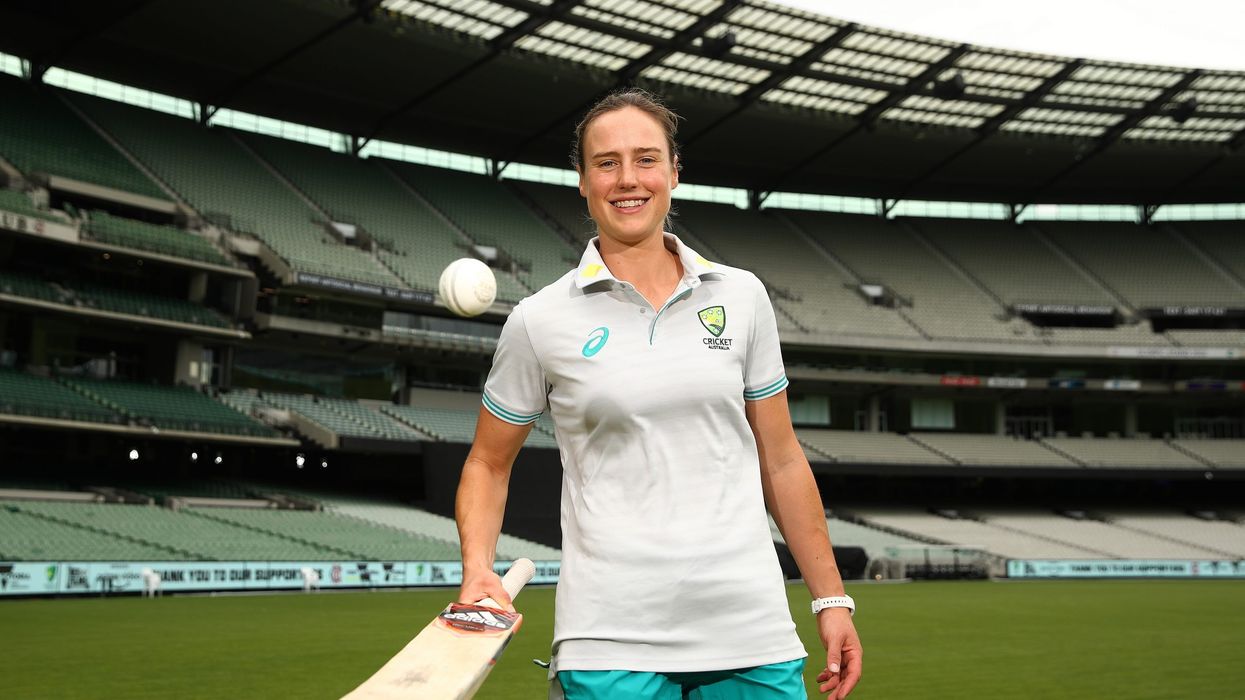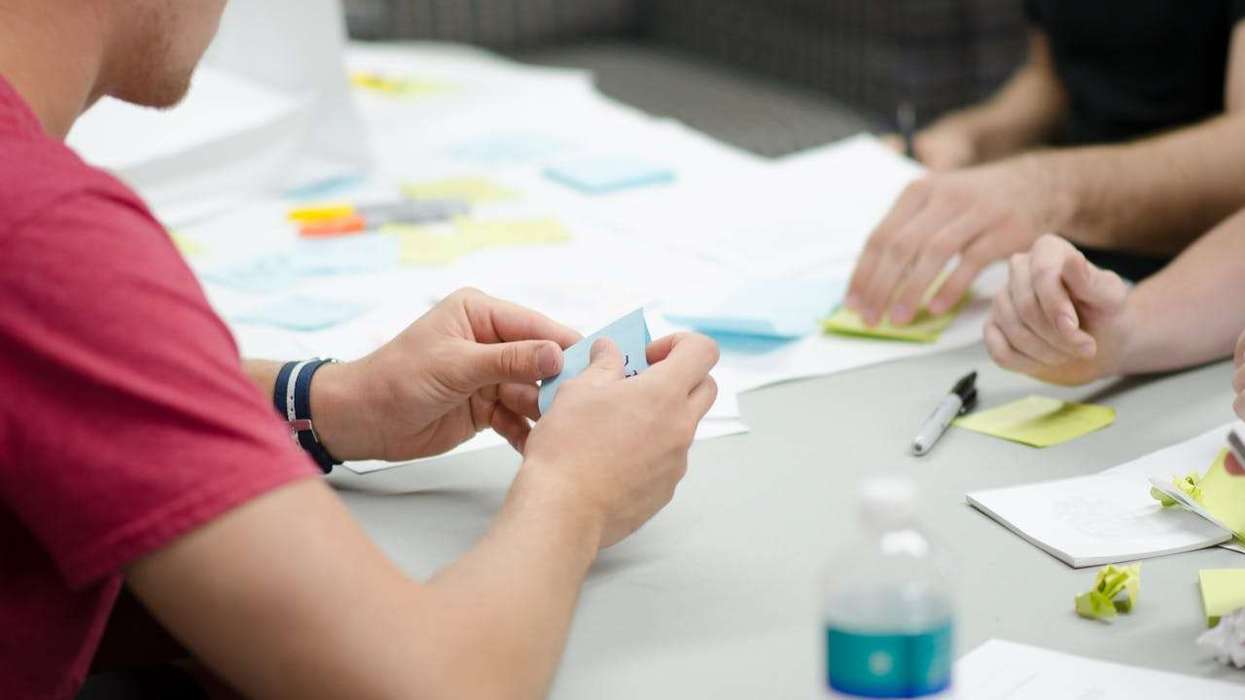THERE are chances of Australian players pulling out of The Hundred because of border restrictions in Australia due to Covid-19.
Australia batter Rachel Haynes has withdrawn from her contract with Oval Invincibles and most likely in the coming weeks other Australian players are expected to pull out.
With a quarantine period of two weeks in place and low remuneration for women players, with the maximum pay being £15,000 - many players from Australia are still considering about the decision to travel.
According to a report in The Times, players like Ellyse Perry, Meg Lanning and Alyssa Healy who are part of the tournament are considering their options. Their male counterparts may also have to withdraw looking at international duties to be affected by quarantine.
Australia's men are due to play three T20s and three ODIs against the West Indies in the Caribbean in late June and early July. With a white-ball series immediately scheduled next in Bangladesh, that would leave only a week for players to get to the UK before the start of the Hundred on July 22.
Bangladesh being on UK's red list, which means the Australian players and support staff would have to undergo a mandatory 10-day quarantine.
There are nine Australian men to have signed for The Hundred, including David Warner and Glenn Maxwell having signed for Southern Brave and London Spirit respectively. As The Times report suggest, both the players' participation looks doubtful.
Each team in The Hundred are allowed to have three overseas players in a squad of 15, and replacements could be found from the touring teams of Sri Lanka and Pakistan who will be in the UK for limited-overs series in June and July.
If overseas players withdraw then it would be a big blow to the popularity of the tournament, which the ECB is hosting with an expenditure of £40 million a year.




